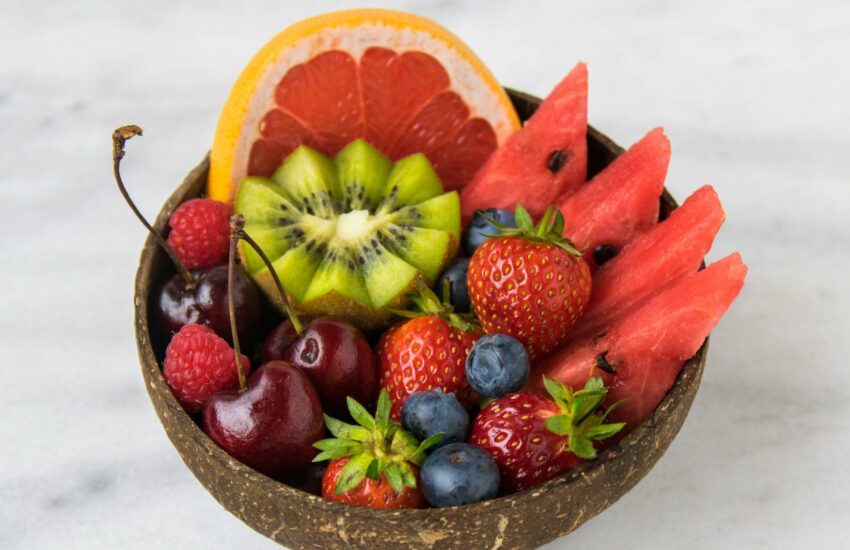The kidneys play a crucial role in maintaining overall health by filtering waste products and excess fluids from the blood, regulating blood pressure, and balancing electrolytes in the body. However, various factors such as unhealthy diet, dehydration, and certain medical conditions can impair kidney function, leading to kidney disease. Fortunately, incorporating nutrient-rich fruits into your diet can support kidney health and promote overall well-being. In this comprehensive guide, we will explore 15 fruits renowned for their kidney-friendly properties, delving into their nutritional benefits, and providing tips on how to incorporate them into a kidney-friendly diet. Mohit Tandon from Illinois suggested 15 Fruits that are good for your Kidney.
Apples:
Apples are not only delicious but also packed with essential nutrients beneficial for kidney health. They are low in sodium, potassium, and phosphorus, making them suitable for individuals with kidney issues. Additionally, apples contain antioxidants like quercetin, which may help reduce inflammation and protect against kidney damage. Whether enjoyed fresh, baked, or blended into smoothies, apples make a versatile and kidney-friendly fruit option.
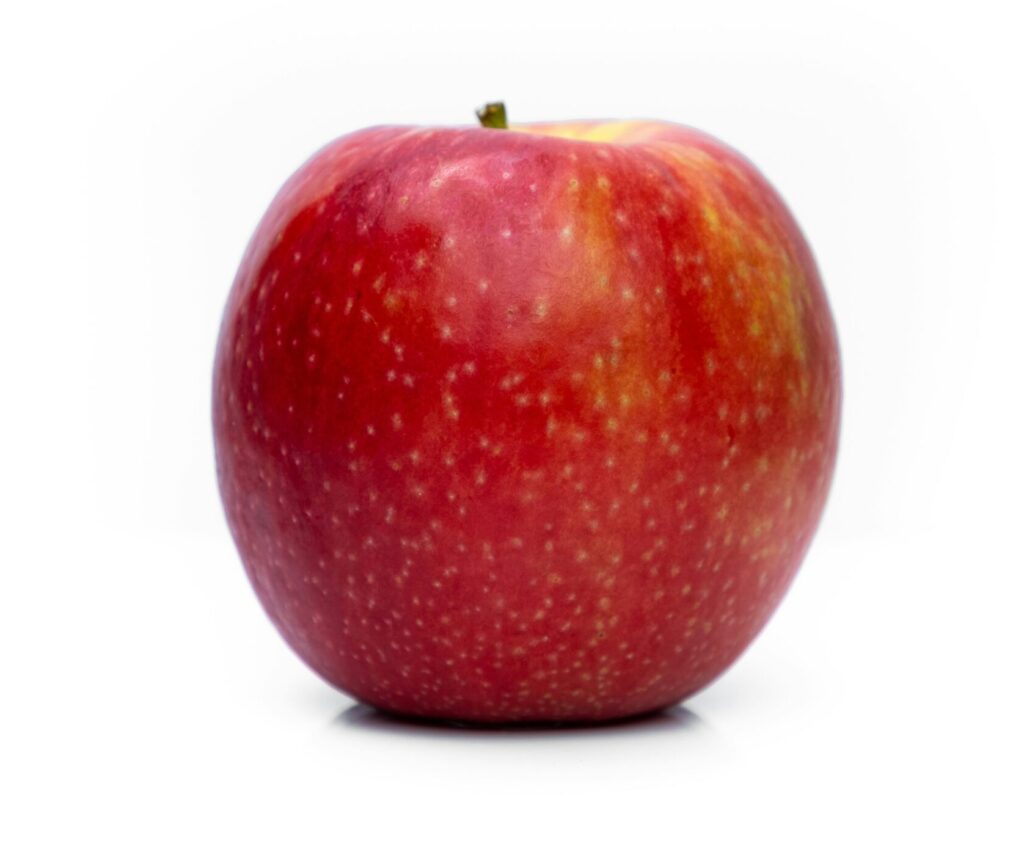
Berries:
Berries, including strawberries, blueberries, raspberries, and blackberries, are loaded with antioxidants, vitamins, and fiber, making them excellent choices for kidney health. Their low potassium content makes them suitable for individuals on a renal diet. Berries also contain compounds that may help lower inflammation and oxidative stress, which are beneficial for kidney function. Incorporating a variety of berries into your diet can provide a delicious and nutritious way to support kidney health. – Mohit Tandon Illinois
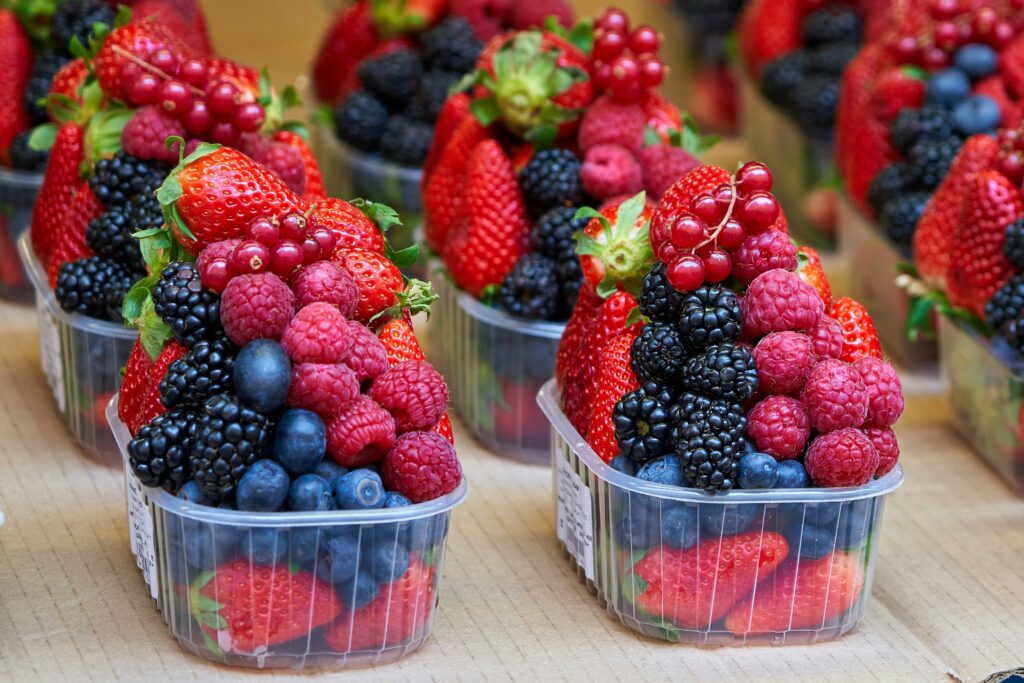
Pineapple:
Pineapple is a tropical fruit rich in bromelain, an enzyme with anti-inflammatory properties that may help reduce kidney inflammation and improve digestion. Additionally, pineapple is low in potassium and phosphorus, making it suitable for individuals with kidney disease. Whether enjoyed fresh or added to salads, smoothies, or savory dishes, pineapple can add a refreshing twist to your kidney-friendly diet.
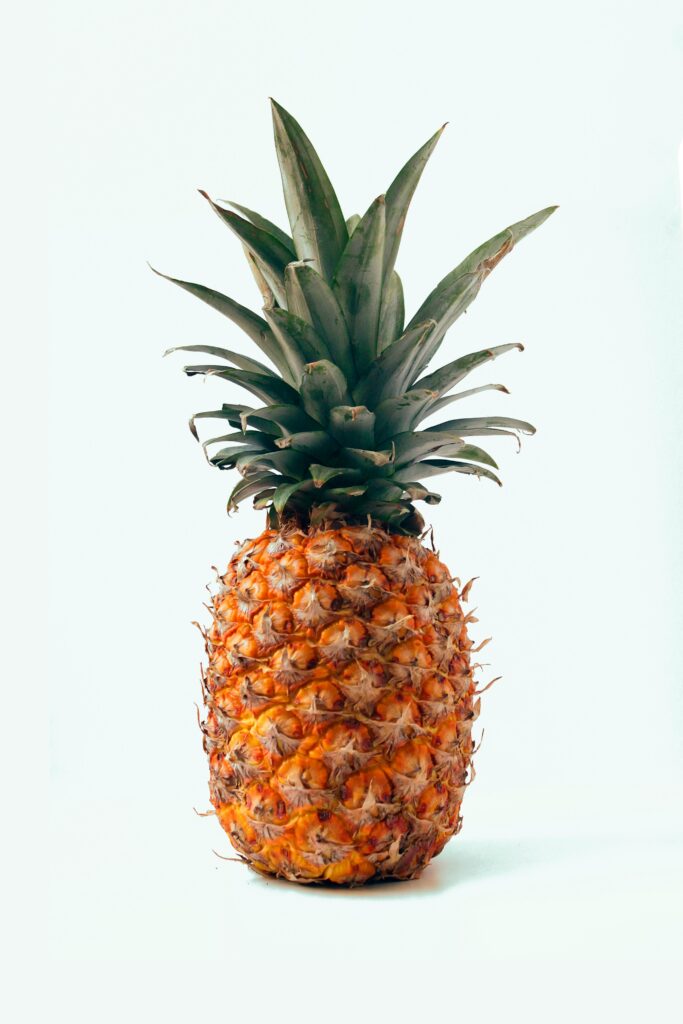
Cranberries:
Cranberries are well-known for their potential to prevent urinary tract infections (UTIs) due to their high content of proanthocyanidins, which help prevent bacteria from adhering to the urinary tract lining. Additionally, cranberries are low in potassium and can be included in a kidney-friendly diet in moderation. Consuming cranberry juice or incorporating dried cranberries into salads or oatmeal can provide both flavor and kidney-protective benefits.
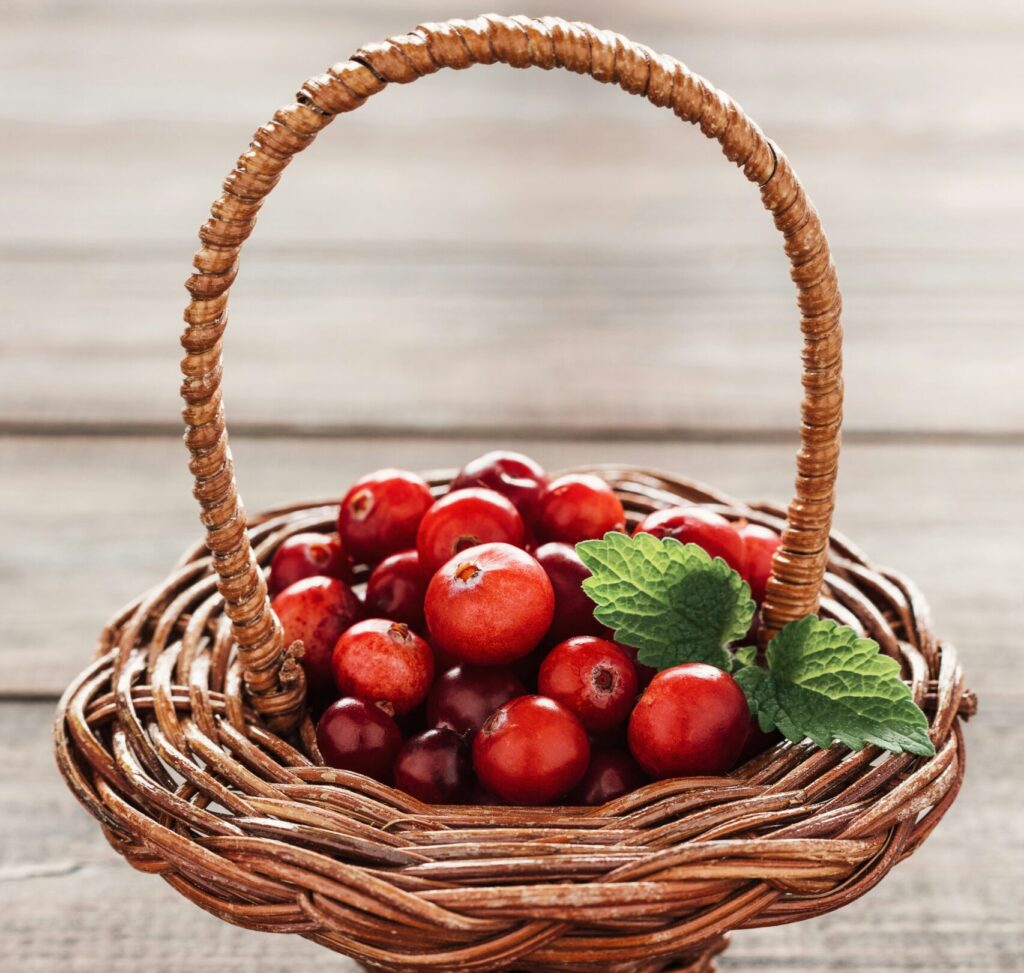
Cherries:
Cherries are not only delicious but also packed with antioxidants and anti-inflammatory compounds that may benefit kidney health. They contain anthocyanins, which have been shown to reduce inflammation and protect against oxidative stress. Moreover, cherries are relatively low in potassium and can be enjoyed fresh, frozen, or dried as a kidney-friendly snack or dessert option. – Mohit Tandon Illinois
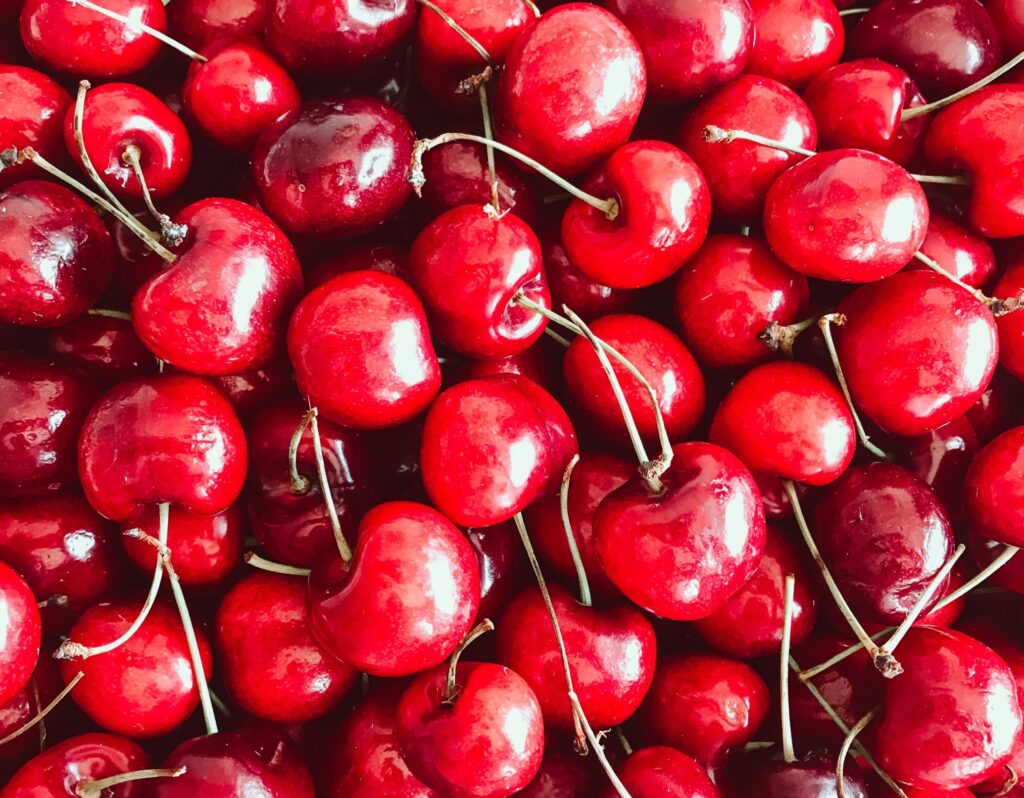
Red Grapes:
Red grapes are rich in antioxidants, including resveratrol, which has been associated with various health benefits, including kidney protection. Resveratrol may help reduce inflammation and oxidative stress, which are common contributors to kidney damage. Additionally, red grapes are low in potassium and can be included in a kidney-friendly diet. Whether eaten fresh or frozen, red grapes make a delicious and nutritious snack for supporting kidney health.

Watermelon:
Watermelon is a hydrating fruit with a high water content, making it an excellent choice for individuals looking to stay hydrated, which is essential for kidney health. It is also low in potassium and phosphorus, making it suitable for individuals with kidney disease. Furthermore, watermelon contains lycopene, a powerful antioxidant that may help protect against kidney damage. Enjoying watermelon as a refreshing snack or adding it to fruit salads can contribute to your overall hydration and kidney health. – Mohit Tandon Illinois
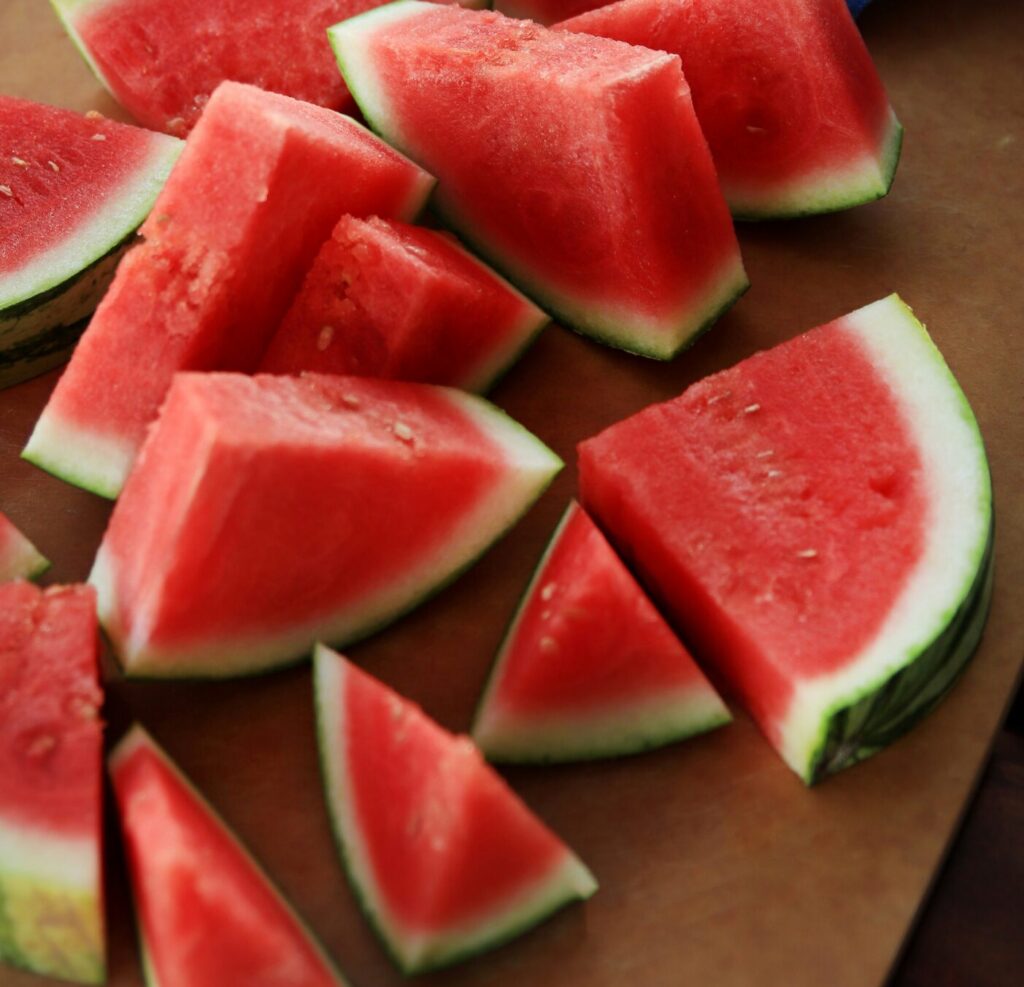
Peaches:
Peaches are juicy fruits rich in vitamins A and C, as well as antioxidants that may help protect against kidney damage. They are low in potassium and can be included in a kidney-friendly diet when consumed in moderation. Peaches also contain fiber, which can promote digestive health and help regulate blood sugar levels. Whether enjoyed fresh, grilled, or blended into smoothies, peaches offer a flavorful and kidney-friendly option for incorporating more fruits into your diet.
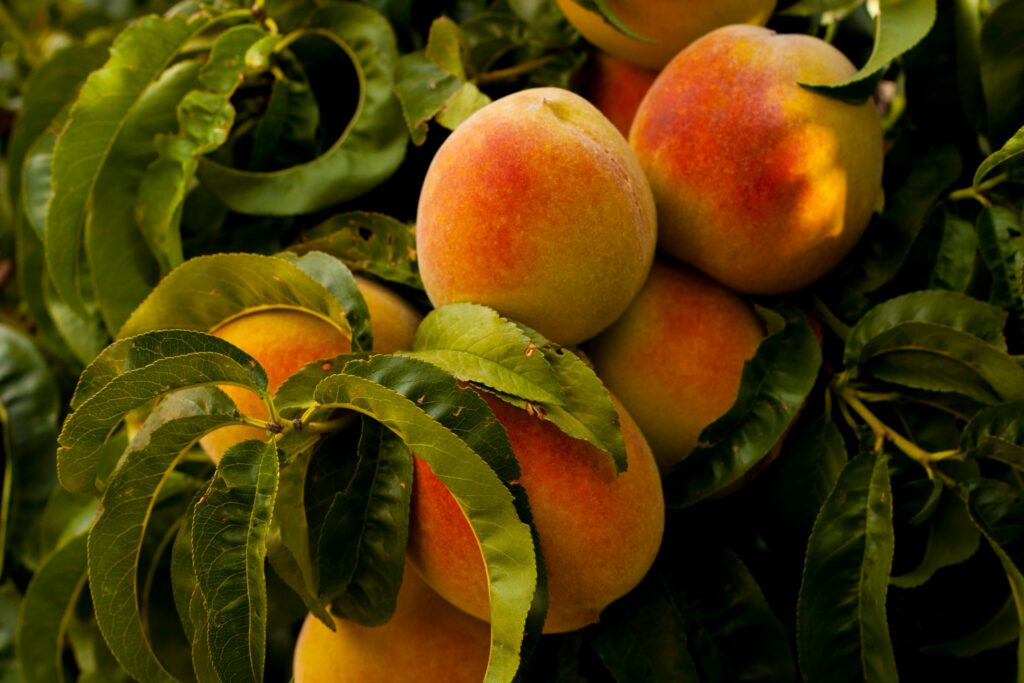
Pears:
Pears are nutrient-dense fruits rich in fiber, vitamins, and antioxidants that support overall health, including kidney function. They are low in potassium and can be included in a renal diet. Pears also contain pectin, a type of soluble fiber that may help lower cholesterol levels and improve digestive health. Enjoying fresh pears as a snack or adding them to salads and desserts can provide both flavor and nutritional benefits for kidney health.
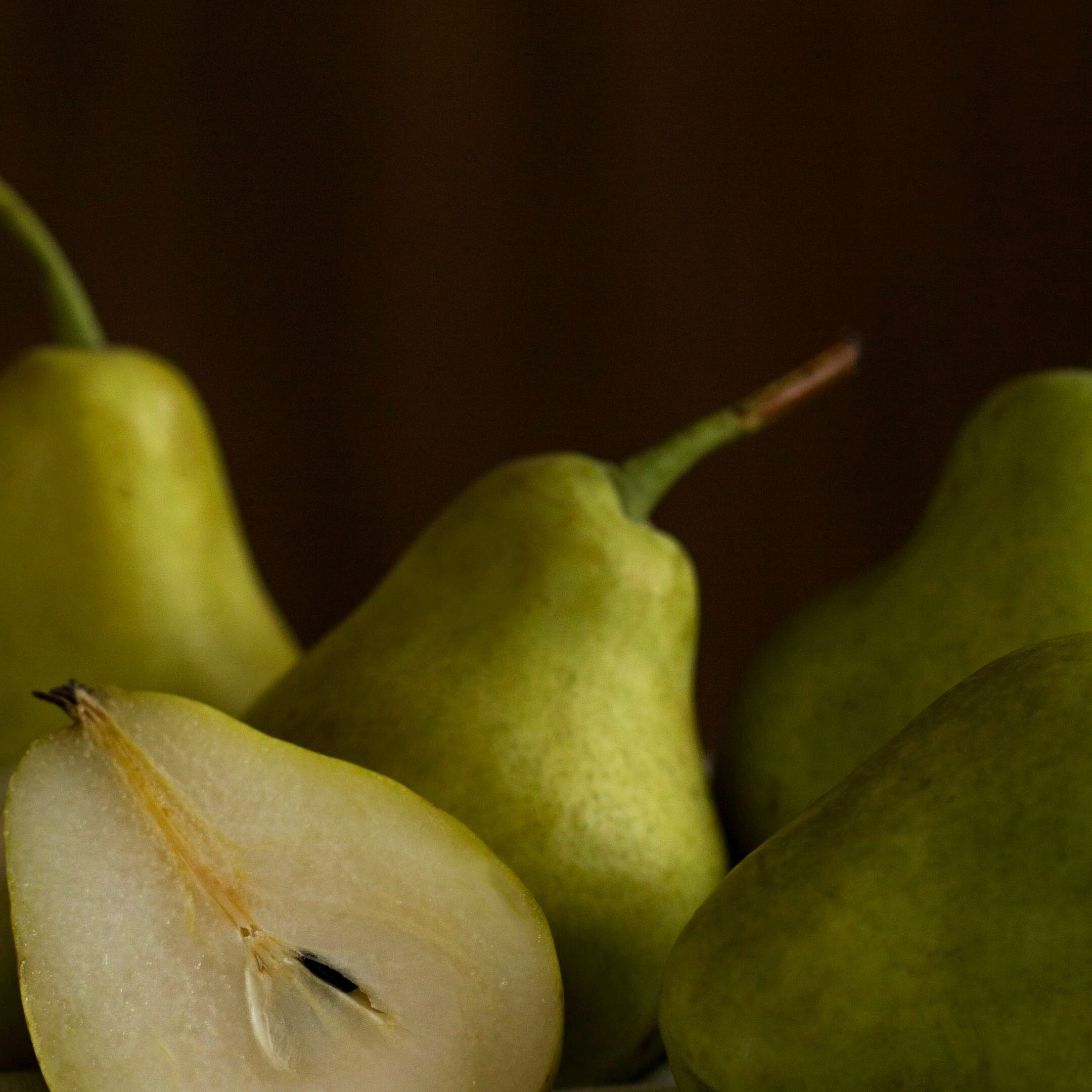
Oranges:
Oranges are citrus fruits which contains vitamin C, antioxidants, and fiber, making them a nutritious choice for supporting kidney health. Despite their slightly higher potassium content, oranges can still be included in a kidney-friendly diet when consumed in moderation. Vitamin C found in oranges may help reduce inflammation and protect against oxidative stress, while fiber can promote digestive health. Whether enjoyed fresh, juiced, or added to salads, oranges offer a refreshing and kidney-friendly option for increasing fruit intake.
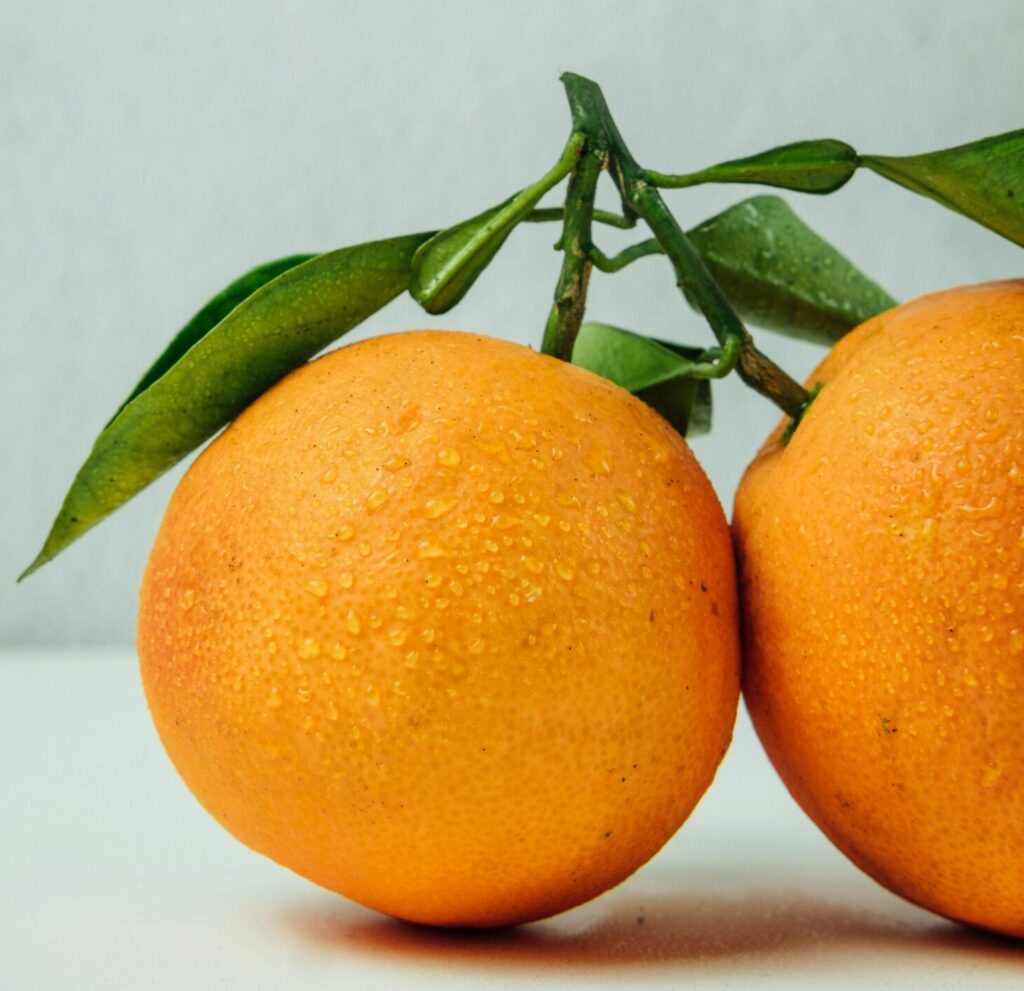
Kiwi:
Kiwi is a nutrient-dense fruit rich in vitamin C, vitamin K, potassium, and fiber, making it a valuable addition to a kidney-friendly diet. Despite their moderate potassium content, kiwis can be included in moderation, especially considering their numerous health benefits. Kiwi contains antioxidants that may help reduce inflammation and oxidative stress, as well as fiber that supports digestive health. Enjoying kiwi as a snack or adding it to smoothies, salads, or yogurt can provide both flavor and nutritional benefits for kidney health.
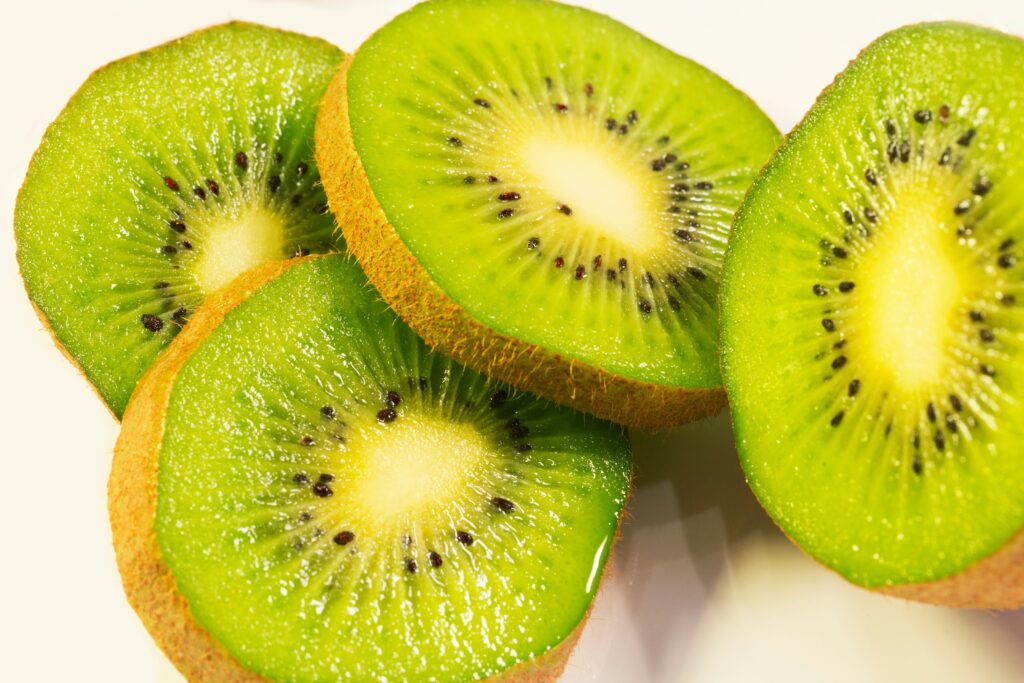
Apricots:
Apricots are sweet and tangy fruits packed with vitamins A and C, as well as antioxidants that support overall health, including kidney function. They are relatively low in potassium and can be included in a renal diet when consumed in moderation. Apricots also contain fiber, which promotes digestive health and helps regulate blood sugar levels. Whether enjoyed fresh, dried, or added to baked goods, apricots offer a delicious and kidney-friendly option for increasing fruit intake. – Mohit Tandon Illinois
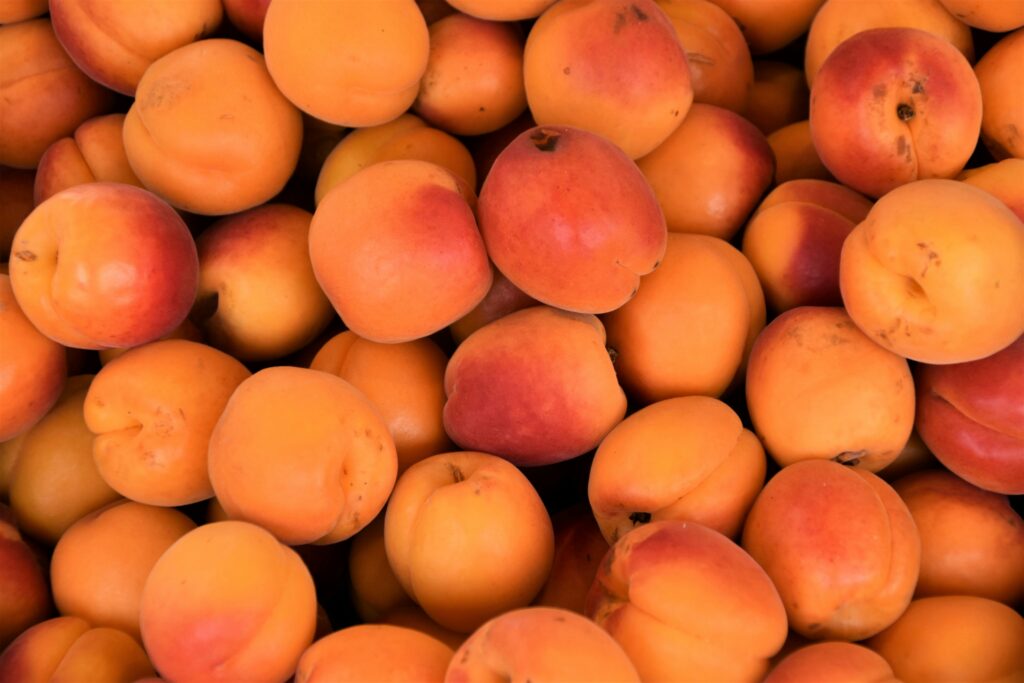
Mangoes:
Mangoes are tropical fruits rich in vitamins A and C, as well as antioxidants that support immune function and overall health, including kidney health. They are moderate in potassium and can be included in a kidney-friendly diet when portion sizes are controlled. Mangoes also contain enzymes like amylases and proteases, which aid in digestion. Whether enjoyed fresh, blended into smoothies, or added to salads, mangoes offer a flavorful and nutrient-rich option for promoting kidney health.
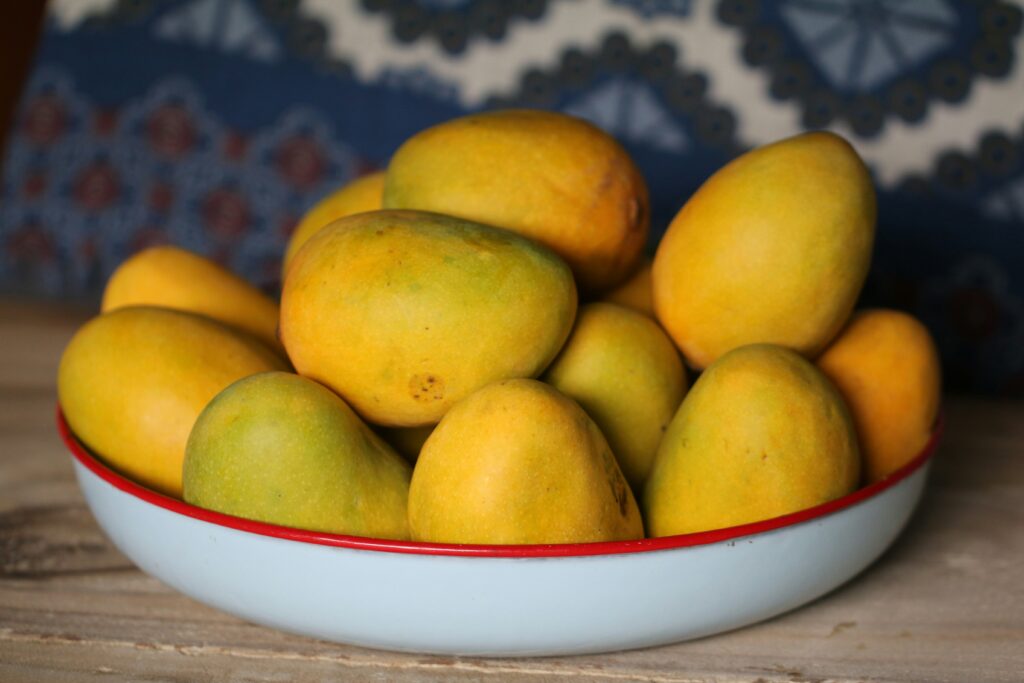
Papaya:
Papaya is a tropical fruit rich in vitamins A and C, as well as enzymes like papain, which may aid in digestion and reduce inflammation. It is low in potassium and can be included in a renal diet. Papaya also contains antioxidants that help protect against oxidative stress and support overall health, including kidney function. Whether enjoyed fresh, blended into smoothies, or added to fruit salads, papaya provides a delicious and kidney-friendly option for increasing fruit consumption.
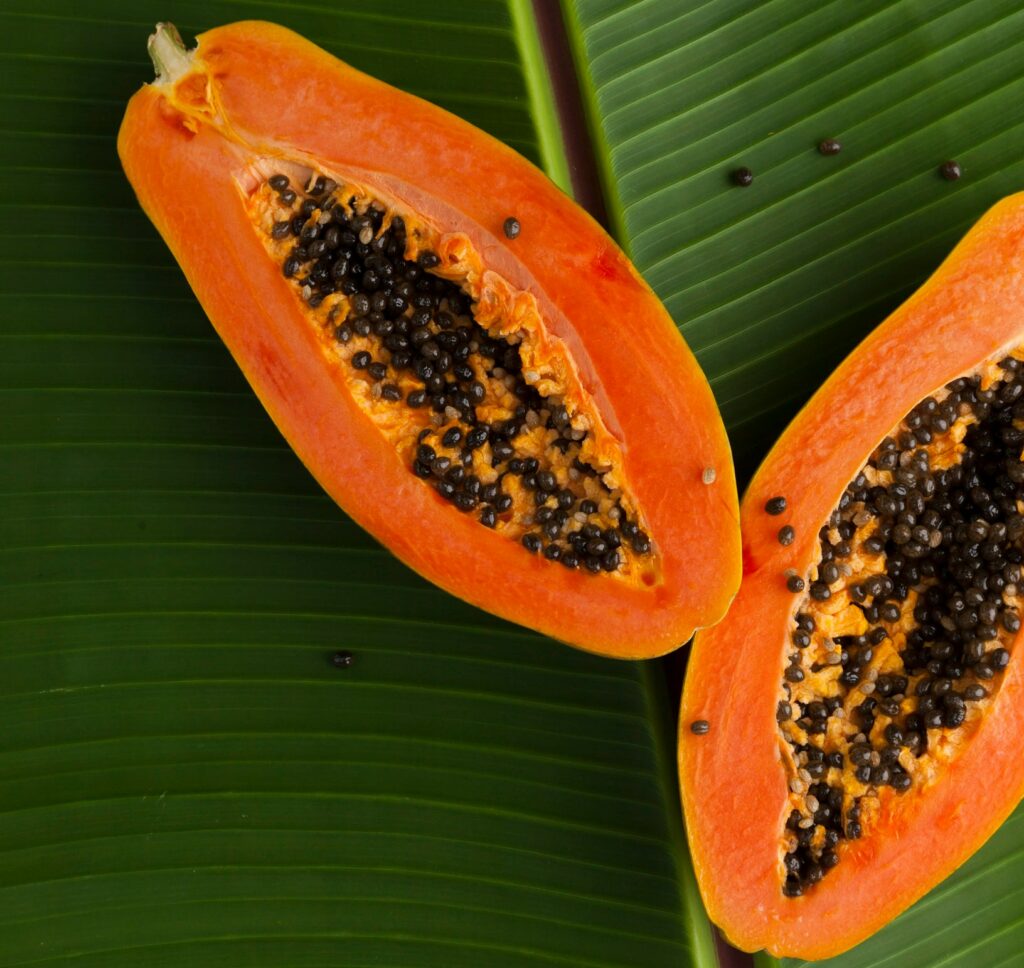
Guava:
Guava is a tropical fruit which contains vitamin C, fiber, and antioxidants. These nutrients support immune function and overall health, including kidney health. Despite being moderately high in potassium, guava can still be included in a renal diet when portion sizes are controlled. Guava also contains lycopene, a powerful antioxidant that may help protect against kidney damage. Whether enjoyed fresh, juiced, or added to salads, guava offers a flavorful and nutrient-rich option for promoting kidney health.
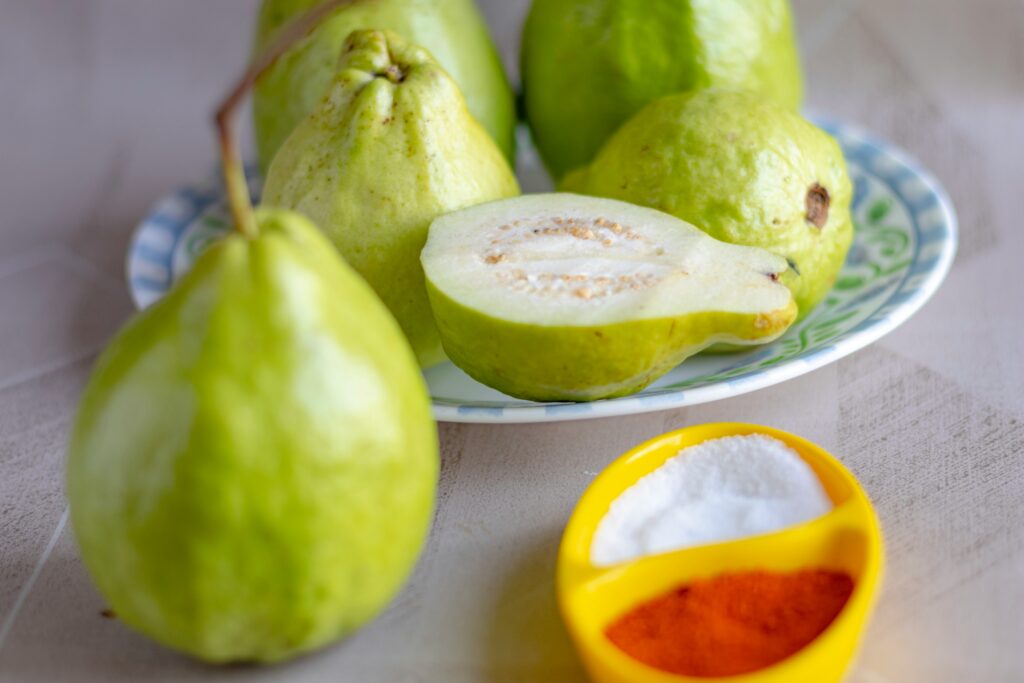
Conclusion:
Incorporating a variety of nutrient-rich fruits into your diet is essential for supporting kidney health and overall well-being. The 15 fruits discussed in this guide are not only delicious but also packed with vitamins, minerals, antioxidants, and fiber. These nutrients collectively promote kidney function and protect against kidney damage. By including these fruits in your diet and adhering to portion sizes recommended for individuals with kidney disease, you can take proactive steps towards maintaining optimal kidney health for years to come. Remember to consult with a healthcare professional or registered dietitian before making any significant changes to your diet, especially if you have kidney disease or other medical conditions.
